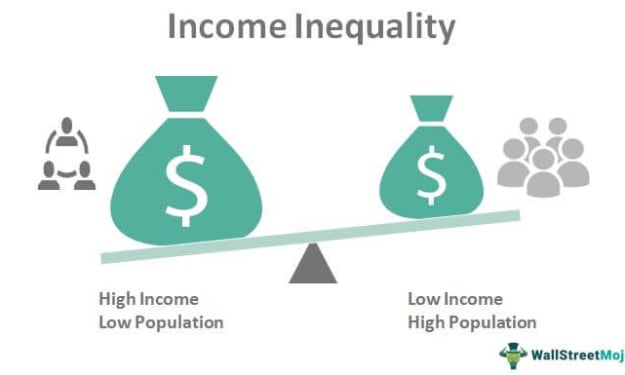Finding the Right Balance: The Debate Over Social Media Regulation
Exploring the Pros and Cons of More Strict Social Media Regulation for a Safer and More Open Online Environment

Social media platforms have become an integral part of modern communication and are used by billions of people around the world. They have revolutionized the way people connect, communicate, and share information. However, with the widespread use of social media, concerns have been raised about the impact of these platforms on society, including issues related to privacy, hate speech, and misinformation. The question of how social media should be regulated is a complex one, and opinions vary widely on the topic. In this article, we will explore the arguments for and against more strict social media regulation and weigh the potential benefits and drawbacks.
Arguments for more strict social media regulation:
Privacy concerns: One of the primary arguments for more strict social media regulation is concerns about user privacy. Social media companies collect vast amounts of personal data from users, including their browsing history, location, and personal information. This data is often used for targeted advertising, which can be intrusive and unsettling for some users. More strict regulation could help ensure that social media companies are transparent about the data they collect and how it is used, and give users more control over their personal information.
Hate speech and extremism: Another major concern is the spread of hate speech and extremist content on social media. Social media platforms have been used to spread messages of hate and incite violence, leading to real-world harm in some cases. More strict regulation could help prevent the spread of hate speech and extremist content and create a safer online environment.
Misinformation: Misinformation and fake news have become significant problems on social media, particularly in the context of political campaigns and public health crises. Misinformation can spread quickly on social media, and many people struggle to distinguish between accurate and inaccurate information. More strict regulation could help prevent the spread of misinformation and ensure that accurate information is promoted.
Arguments against more strict social media regulation:
Free speech concerns: One of the primary arguments against more strict social media regulation is that it could stifle free speech. Social media platforms are often used as forums for open discussion and debate, and more strict regulation could limit people's ability to express their opinions freely. It is important to balance the need for free speech with the need to prevent hate speech and extremism.
Censorship concerns: Another concern is that more strict regulation could lead to censorship of certain viewpoints. Social media platforms are private companies, and they have the right to decide what content is allowed on their platforms. However, more strict regulation could give governments more power to control what is posted on social media, potentially leading to censorship of legitimate viewpoints.
Technical challenges: Social media platforms are complex systems, and more strict regulation could be difficult to implement. It may be challenging to develop effective methods of detecting and removing hate speech and extremist content without also removing legitimate content. More strict regulation could also increase the costs of operating social media platforms, potentially leading to fewer options for users.
In conclusion, the question of whether social media regulation should be more or less strict is a complex one with no easy answers. While there are valid concerns about user privacy, hate speech, and misinformation on social media, there are also concerns about free speech, censorship, and technical challenges. Ultimately, the best approach may be to balance these concerns and work towards a regulatory framework that promotes a safe and open online environment while also respecting individual freedoms. By doing so, we can ensure that social media remains a powerful tool for communication and connection while also addressing the concerns that have arisen in recent years.





Comments
There are no comments for this story
Be the first to respond and start the conversation.